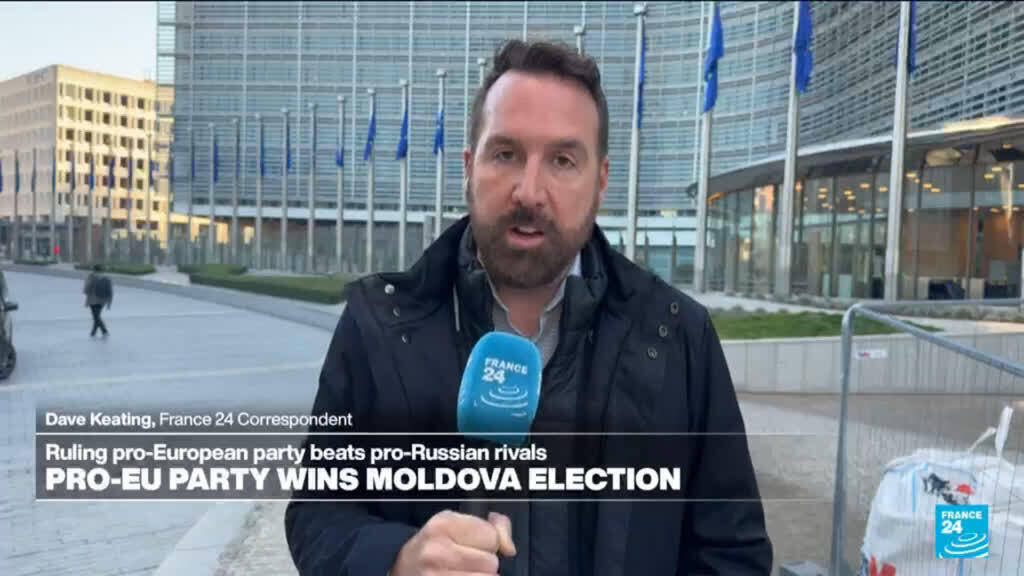Moldova's Parliamentary Election: A Choice Between Two Paths
Moldova is gearing up for a pivotal parliamentary election that is poised to shape the country's future direction. As citizens prepare to cast their ballots, the atmosphere is charged with tension, significantly influenced by allegations of Russian interference. This election is not just a political formality; it represents a crucial decision point for Moldova, where voters will essentially choose between deeper integration with the European Union or a potential drift back into the sphere of influence of Moscow.
The implications of this election are profound. On one side, the pro-European Union candidates advocate for policies that align with European standards, promising economic growth, stability, and democratic reforms. These candidates argue that closer ties with the EU will bring much-needed investments and improve living conditions for the Moldovan people. They have garnered support from various sectors of society, particularly among younger voters who are increasingly looking towards the West for guidance and opportunities.
On the other hand, the opposing candidates, often supported by Moscow, present an alternative vision that emphasizes historical ties with Russia. They argue that a return to a pro-Russian stance would not only preserve Moldova's cultural heritage but also secure economic benefits, such as energy supplies and potential trade agreements that could alleviate the nation’s economic difficulties. Their platform resonates particularly with older voters who may feel nostalgia for the Soviet era and fear the implications of distancing the country from Russia.
Many analysts, including Amy Eaglestone from Leiden University, highlight that the environment surrounding this election is heavily influenced by external factors, particularly Russia’s attempts to assert its influence over former Soviet states like Moldova. Eaglestone's analysis sheds light on the complex dynamics at play, noting that the presence of disinformation campaigns and political maneuvering by pro-Russian factions are significant concerns.
The context of this election is vital. Moldova, a small country situated between Romania and Ukraine, has faced numerous challenges, including political corruption, economic troubles, and energy dependency. These issues have fueled public discontent and called into question the effectiveness of previous administrations. As candidates campaign on platforms promising reform and change, the electorate is left to reckon with their experiences and the competing visions for the nation’s future.
Furthermore, this election comes at a time when tensions in the region remain high, particularly in the wake of the conflict between Russia and Ukraine. Moldova's strategic position means that it could be significantly affected by developments in neighboring countries. The outcome of this election could either bolster Moldova's European aspirations or create a pathway for renewed Russian influence.
As the election day approaches, both sides are stepping up their efforts to engage voters and sway undecided individuals. Town halls, debates, and social media campaigns are being utilized to reach a broad audience. The stakes are high, as political uncertainty can lead to instability and conflict, and both candidates and voters alike are acutely aware of the weight of their decisions.
In conclusion, the Moldovan parliamentary election serves as a critical juncture for the country, representing not only a vote for leaders but also a choice of identity and direction. The pressing issues of Russian interference and the allure of EU integration add layers of complexity to an already charged political landscape, making this election one of great significance for Moldova’s future.
```











